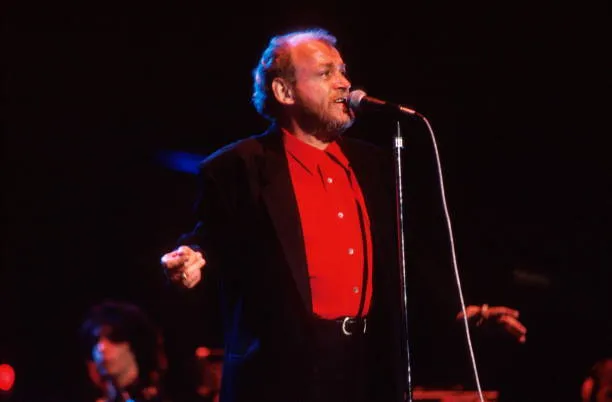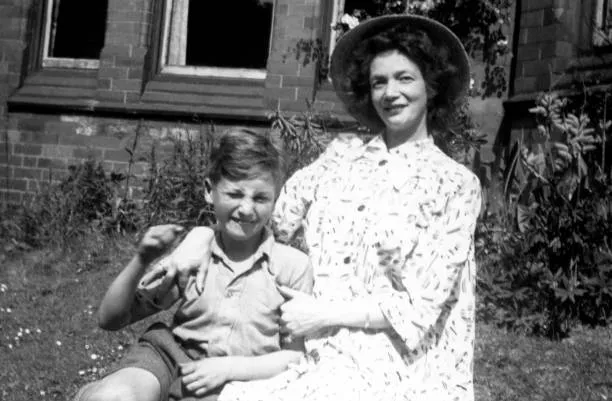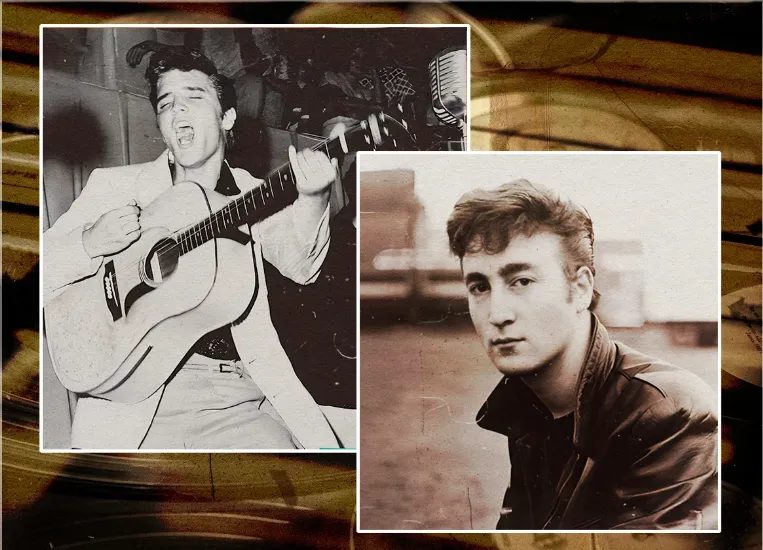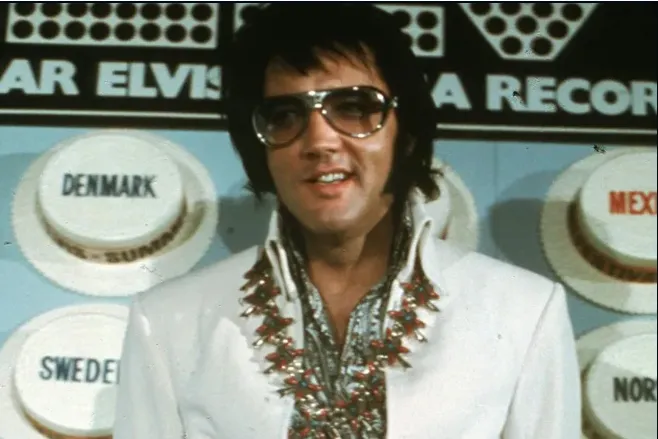The Beatles are often heralded as the epitome of rock and roll, a band that not only defined a generation but also redefined the music landscape.
With countless accolades, a vast catalogue of timeless hits, and an enduring influence on music and culture, the question arises: are The Beatles the most popular rock band of all time?
This article delves into the numerous facets that substantiate the claim of The Beatles as the ultimate rock band, examining their musical journey, the influence they wielded, and their lasting legacy.
The Rise of The Beatles: A Phenomenon in the Making

The Beatles rockband story began in Liverpool, England, with John Lennon, Paul McCartney, George Harrison, and Ringo Starr forming a group that would soon take the world by storm.
Their journey from local gigs to global superstars is unparalleled. They burst onto the American scene with their historic appearance on "The Ed Sullivan Show" in 1964, captivating an audience of over 73 million people.
This event marked the beginning of what came to be known as "Beatlemania."
Their infectious energy, combined with their distinctive sound, set The Beatles apart from contemporaries.
Songs like “I Want to Hold Your Hand” and “She Loves You” captured the fervor of youth and quickly ascended the charts.
The Beatles' early success wasn't a fleeting moment; it was the foundation of a phenomenon that reshaped the music industry.
Chart-topping Hits and Record Sales
The Beatles' dominance in the charts is a testament to their widespread popularity.
They hold the record for the most number-one hits on the Billboard Hot 100 chart, with 20 songs reaching the pinnacle.
Albums like “Sgt. Pepper’s Lonely Hearts Club Band,” “The White Album,” and “Abbey Road” are considered masterpieces, each contributing to their legacy.
Their global reach was amplified by unprecedented record sales. The Beatles have sold over 600 million albums worldwide, making them one of the best-selling music artists in history.
Their impact on the music industry was so profound that sales of their records often influenced market trends.
Whether it was vinyl, cassette, CD, or digital formats, The Beatles were pioneers at each transition.
Musical Innovation and Pioneering Sound
The Beatles rockband was not just a product of the times; they were innovators who pushed the boundaries of what rock music could be.
Their albums often showcased groundbreaking studio techniques and diverse musical influences.
The use of unconventional instruments, innovative recording techniques, and thematic compositions elevated their music to art.
The release of “Sgt. Pepper’s Lonely Hearts Club Band” in 1967, for instance, was a monumental moment that redefined the concept of an album. Instead of merely a collection of songs, it was a cohesive artistic statement.
The album's fusion of rock, orchestral elements, and avant-garde techniques showcased their prowess and creativity.
Cultural Impact and Influence

The Beatles' influence transcended music; they became cultural icons who impacted fashion, language, and lifestyle.
The “mop-top” hairstyle, collarless suits, and vibrant personalities turned them into trendsetters.
Songs like “All You Need Is Love” and “Revolution” captured the zeitgeist of the 1960s, reflecting the social upheaval and aspirations for change.
The band's influence is also evident in numerous artists who cite The Beatles as their primary inspiration.
Bands like The Rolling Stones, Aerosmith, and Oasis, along with solo artists like Elton John and David Bowie, have acknowledged The Beatles' impact on their music.
The Beatles' ability to continually reinvent themselves while staying relevant is a testament to their adaptability and innovation.
The Beatles' Live Performances and Global Tours
While The Beatles eventually retreated from touring due to the overwhelming frenzy of Beatlemania, their live performances remain legendary.
Their concerts were phenomena in themselves, drawing unprecedented crowds and setting new standards for live music.
Their 1965 concert at Shea Stadium in New York was one of the first major stadium concerts, attended by over 55,000 fans.
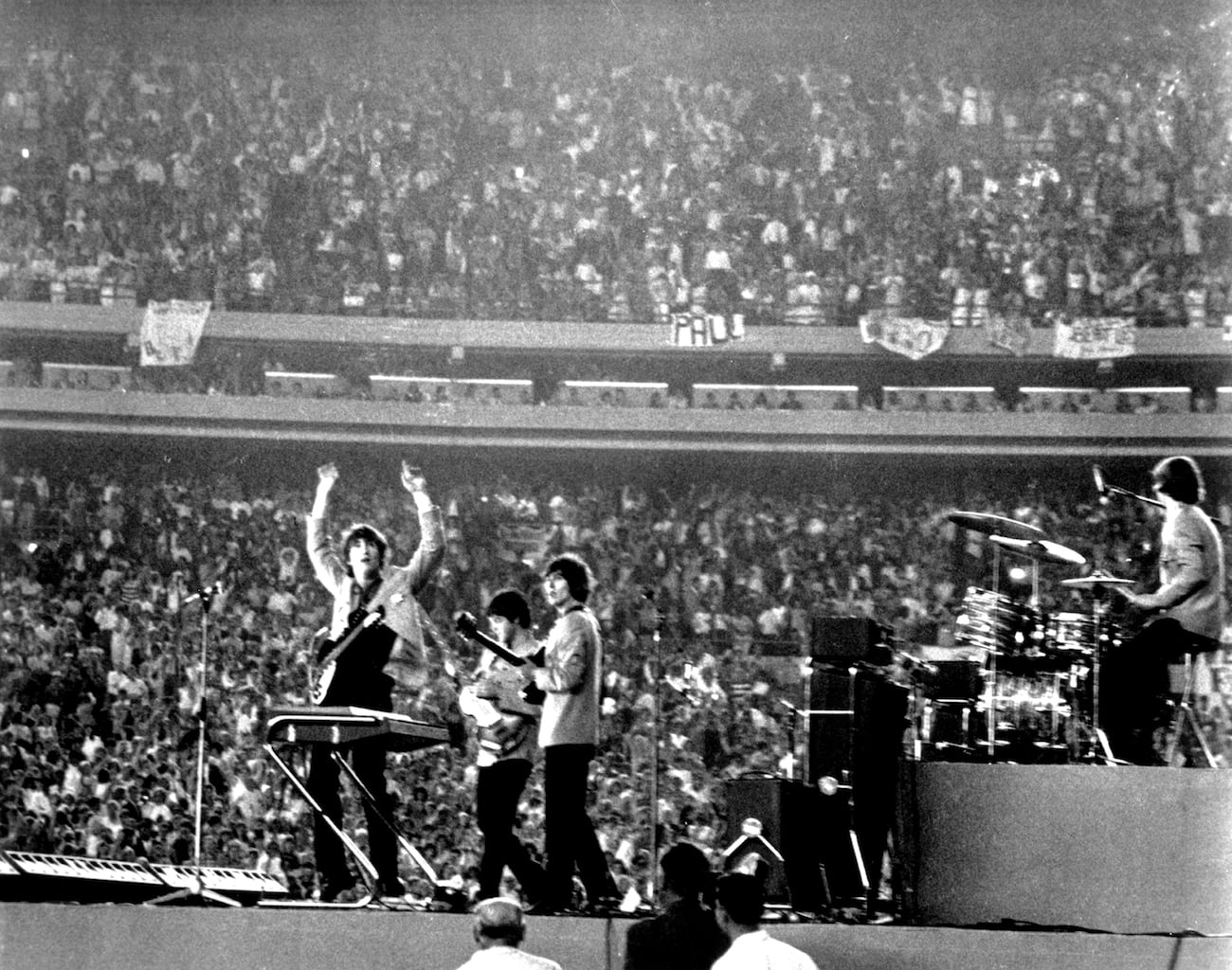
This event was a landmark moment in rock history, demonstrating the immense pulling power of The Beatles.
The enthusiasm and sheer scale of their performances showcased their unparalleled popularity.
Enduring Legacy Through Generations
Few bands can claim to have a legacy that spans multiple generations, but The Beatles have achieved just that.
Even decades after their split in 1970, their music continues to resonate with younger audiences.
Modern platforms like Spotify and Apple Music keep their catalog accessible, proving that their appeal is timeless.
The Beatles' inclusion in music education curriculums and their representation in popular culture—through films like “Yesterday” and documentaries like “The Beatles: Get Back”—keep their legacy vibrant.
Their music is often introduced to new listeners through family traditions, ensuring that The Beatles' influence endures through generations.
Critical Acclaim and Awards

The Beatles' impact is substantiated by critical acclaim and numerous awards. They have won 7 Grammy Awards and received a Lifetime Achievement Award from the Recording Academy.
Their groundbreaking album “Sgt. Pepper’s Lonely Hearts Club Band” won the Grammy for Album of the Year in 1968, a first for a rock band.
Their influence was officially recognized when they were inducted into the Rock and Roll Hall of Fame in 1988.
Additionally, Rolling Stone magazine frequently lists their albums in the top positions on “500 Greatest Albums of All Time.”
The critical validation they have received underscores their enduring significance in the music industry.
The Beatles' Breakup: A New Beginning
Even the breakup of The Beatles didn’t diminish their popularity. Instead, it marked the beginning of new phases for each member and expanded their legacy.
John Lennon, Paul McCartney, George Harrison, and Ringo Starr all pursued successful solo careers, each contributing uniquely to the music world.
Paul McCartney's band Wings, John Lennon’s poignant works with Yoko Ono, George Harrison’s spiritual explorations in music, and Ringo Starr’s contributions across various media further cemented the members' influence in the broader music landscape.
The Beatles rockband had set the stage, and their solo careers only added layers to the legend.
The Beatles vs. Other Rock Bands
While The Beatles' influence is monumental, assessing their status as the most popular rock band involves comparing them with other iconic bands like The Rolling Stones, Led Zeppelin, and Queen.
While these bands have undoubtedly achieved greatness in their own right, The Beatles' combination of critical acclaim, record sales, innovation, and cultural impact often places them in a league of their own.
The Beatles were pioneers who molded the rock genre and influenced nearly every band that followed.
Their ability to evolve from pop sensations to mature, experimental artists marks their unique journey.
The fact that their music remains relevant, studied, and adored today adds weight to their claim as the most popular rock band of all time.
The Beatles' Unquestionable Dominance
So, is The Beatles the most popular rock band of all time? The evidence points to a resounding yes.
From their record-shattering hits and revolutionary albums to their profound cultural impact and enduring legacy, The Beatles rockband stands unmatched.
Their journey from the streets of Liverpool to global superstardom is a testament to their unparalleled talent, innovation, and influence.
The Beatles not only defined a genre but also transcended it, leaving an indelible mark on music and culture that continues to inspire artists and captivate audiences worldwide.
Their story is one of meteoric rise, incredible success, and an enduring legacy that proves The Beatles are, indeed, the most popular rock band of all time.
